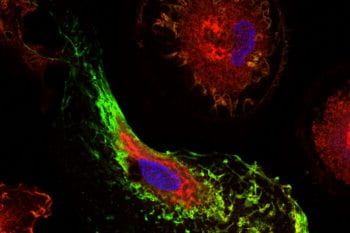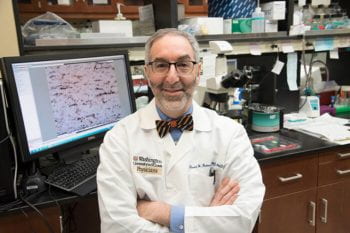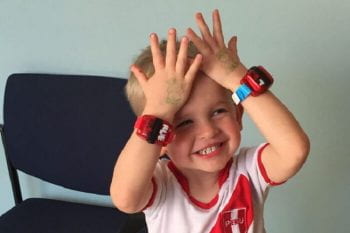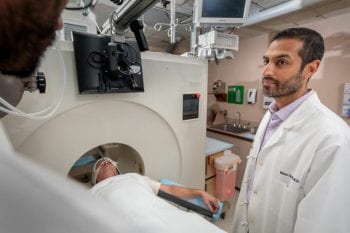Researchers at Washington University School of Medicine in St. Louis have received a five-year, $11.5 million grant to lead a multicenter effort to understand how brain development in babies with Down syndrome differs from that in other babies. The effort, which involves scanning the babies’ brains using MRI, will provide a foundation that may lead […]
Brain imaging of babies with Down syndrome focus of $11.5 million grant




















